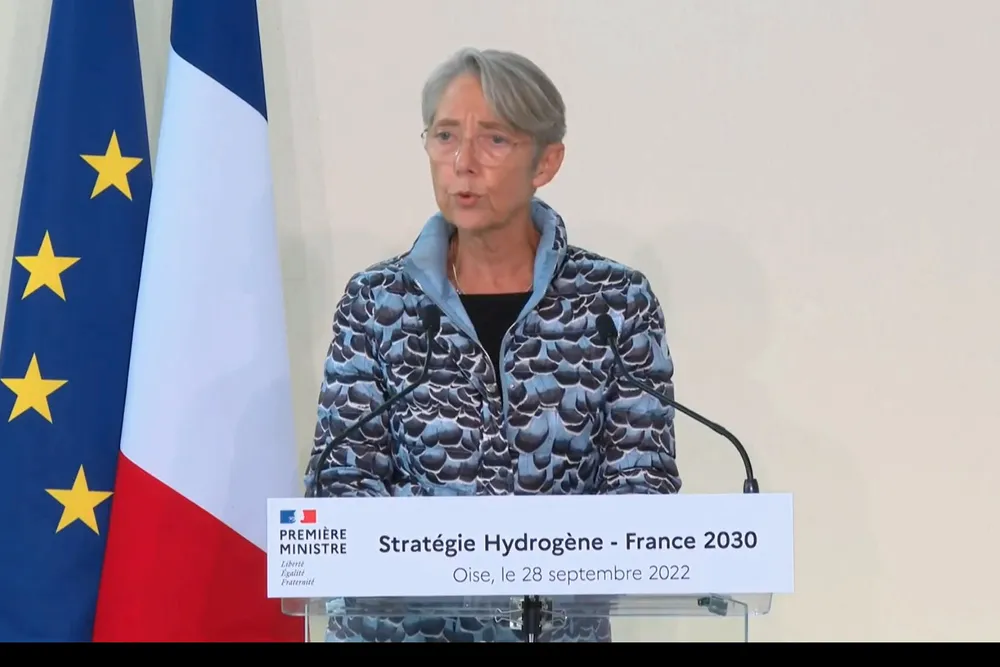Four electrolyser gigafactories to be built in France as part of €2.1bn state-aid hydrogen push
Electrolyser makers McPhy, Genvia, Elogen and John Cockerill to receive funding from French government as it aims to make nation 'the world leader in carbon-free hydrogen'
